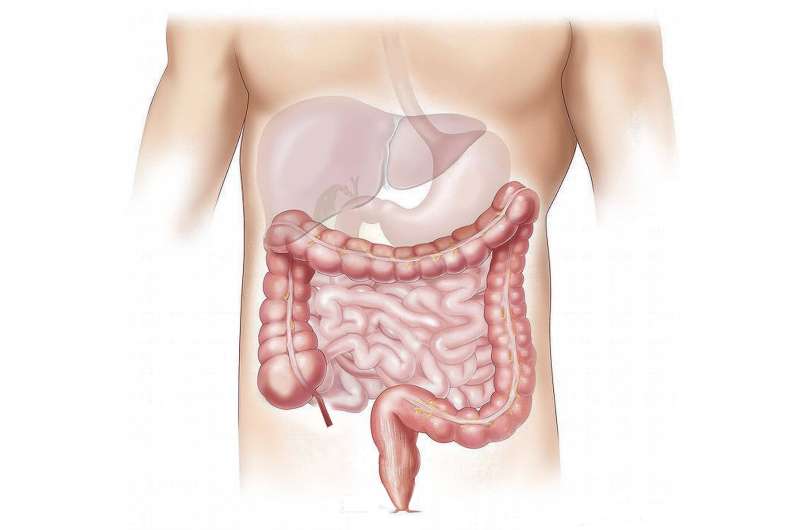Using Simple Home Tests and Activities to Gauge Your Overall Health

Discover easy at-home tests and lifestyle tips to assess and improve your overall health as you age, including balance, grip strength, and mental sharpness.
Aging is a natural process, but how well you age can be influenced by your lifestyle choices and physical activity. Staying healthy isn't solely about the number of years lived but also about maintaining strength, mobility, mental acuity, and social engagement. Simple at-home tests can provide valuable insights into your health and help you identify areas for improvement.
One effective way to assess your balance is by standing on one leg while brushing your teeth. If you can hold this position for at least 30 seconds with your eyes open, it indicates good lower-body strength and coordination. Research shows that those unable to balance on one leg for ten seconds face an increased risk of early mortality, highlighting the importance of maintaining balance for healthy aging.
Grip strength is another critical indicator, providing clues about your cardiovascular health, cognitive function, and overall vitality. Using a hand dynamometer or observing daily tasks like opening jars or carrying groceries can help gauge your grip. A decrease in grip strength correlates with higher risks of health issues and mortality.
Lower-body strength and flexibility can be evaluated by your ability to sit on the floor and stand back up without using your hands. If this is challenging, doing sit-to-stand exercises from a chair can serve as an alternative, helping to assess and improve muscle strength and balance.
Cognitive health can be surprisingly assessed with simple verbal tests, such as naming animals within 30 seconds or spelling words backwards. Additionally, recalling a short list after a few minutes helps monitor mental sharpness. Engaging in puzzles, learning new skills, and challenging your brain regularly can support cognitive longevity.
Lifestyle factors play a crucial role in aging well. Regular movement through walking, resistance training, or activities like swimming promotes strength and balance. A Mediterranean-style diet rich in whole grains, fruits, vegetables, fish, olive oil, and nuts supports brain and heart health. Prioritizing quality sleep and maintaining social connections are equally important, as loneliness can be as detrimental as smoking.
In summary, incorporating these simple assessments and healthy habits into daily life can help you stay physically and mentally resilient as you age. Small, consistent efforts towards movement, nutrition, sleep, and social engagement can make a significant difference in your overall well-being.
Source: https://medicalxpress.com/news/2025-05-spuds-playing-sudoku-good-health.html
Stay Updated with Mia's Feed
Get the latest health & wellness insights delivered straight to your inbox.
Related Articles
Adopting a Healthy Lifestyle Significantly Reduces Diverticulitis Risk Regardless of Genetics
A large-scale study shows that a healthy lifestyle significantly reduces the risk of diverticulitis, regardless of genetic predisposition. Key factors include diet, exercise, smoking avoidance, and weight management.
Breaking Down Barriers to Keep Youth Engaged in Sports
New research shows that social and economic barriers significantly impact youth sports participation, highlighting the importance of making sports accessible for all to enhance physical and mental well-being.
Decline in Enjoyable Reading Habits in the US Surges by 40%
A new study reveals a 40% drop in recreational reading among US adults over the past two decades, highlighting the need for initiatives to promote leisure reading's mental and cognitive health benefits.



